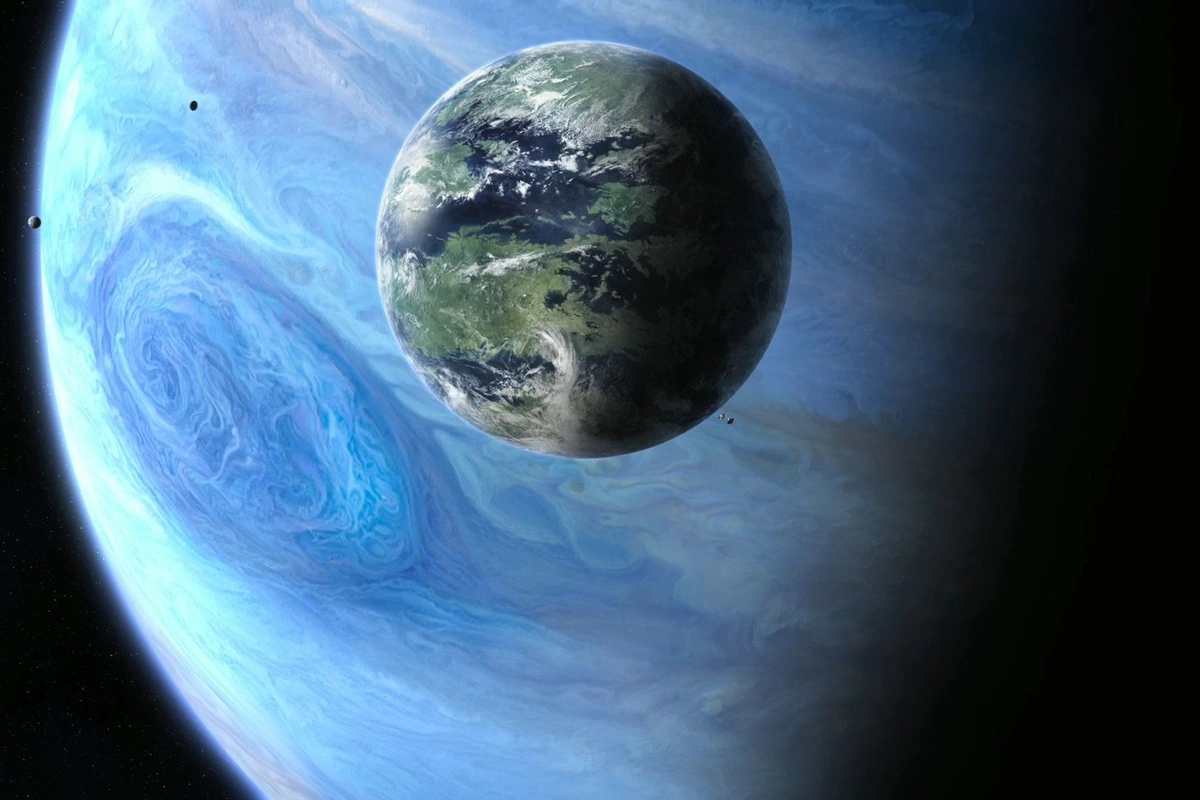A little more, and time will stop - What is happening with the seventh planet?

The solar system is presenting surprises again - this time Uranus has become the center of attention. French scientists have recorded an unexpected change: the length of a day on this distant planet has increased.
The day lengthened by 28 seconds
According to the latest calculations, Uranus completes a full rotation around its axis in 17 hours, 14 minutes and 52 seconds - which is 28 seconds longer than what was recorded by the Voyager-2 probe in 1986. For planetary scales, this is a rather noticeable change.
The research is based on analysis of data from the Hubble Space Telescope, collected from 2011 to 2022. Scientists tracked Uranus's auroras to precisely determine the position of its magnetic poles and, accordingly, clarify the planet's rotation speed.
The "pulse" of a distant planet
"Without years of Hubble observations, we wouldn't have been able to detect such a subtle but stable signal," explained astrophysicist Laurent Lamy from the Paris Observatory.
Researchers are confident that the new value for the duration of a Uranian day will remain relevant until the launch of future missions to the planet, which are not currently in the plans of space agencies.
What would happen if this occurred on Earth
If similar changes happened on our planet, it could seriously affect people's biorhythms, sleep, and general health. Shortening of the day would contribute to increased centrifugal force, which could weaken gravity and even increase the probability of natural disasters.
Although Uranus is billions of kilometers away, its behavior reminds us: even the most distant worlds live their own complex and mysterious lives.
Source: pravda.ru
Similar News
Scientists warned about the dangers of listening to music while driving
For many drivers, music is a customary part of the journey: playlists are turned on for mood, fighting fatigue, or stress in traffic jams. According to research...




 Azərbaycanca
Azərbaycanca  По-русски
По-русски  English
English 





